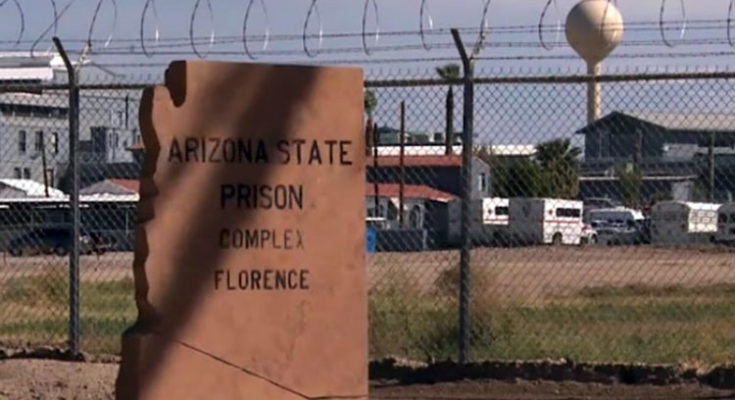File Photo By Cronkite News
Column By Mike Bibb
“Excessive bail shall not be required, nor excessive fines imposed, nor cruel and unusual punishments inflicted.” — 8th Amendment, U.S. Constitution
If the information is correct within the Cronkite News article – “Arizona man’s sentence of 292 years for burglary upheld” – The Gila Herald, Sept. 8, 2022, then something is terribly out of whack with our legal system.
Especially, considering the thefts were nonviolent and the total dollar amount of the stolen items was only a few thousand dollars.
Since federal and state appeals courts upheld the conviction, then I suppose the accused is fortunate he wasn’t placed on Death Row, awaiting lethal injection.
What fair and unbiased judge could possibly issue such a ridiculous sentence, even if he could?
Good grief, the pilfering of a “flashlight, drill, telescope, credit card, and a car that was later abandoned” has, apparently, resulted in a cumulative sentence totaling more years in prison than items stolen.
Obviously, the costliest article, an automobile, must not have been worth much since the sum of all the filched property was $5000.
Not fifty-thousand dollars or five-hundred thousand dollars. Plus, no one was threatened at gunpoint or physically harmed.
Basically, the court pronounced four life sentences for non-violent trivial larceny.
The individual’s history of previous criminal activity, including “criminal trespass, criminal damage, and third-degree burglary,” contributed to the court’s reasoning that since he was a repeat offender, then all 25 counts should be served consecutively.
I suppose adding all the separate offenses together equals 292 years.
Why, for mathematical simplicity, didn’t the court round up to 300 years, making the convicted eligible for release in 2322?
After the first one or two hundred years does it really matter how long a person is jailed? All the centuries would begin to run together.
Even with time reduced for good behavior, the guy will be nearly 200 years old when he says his final goodbye to the warden and grabs an Uber home.
Hope he’s eating his fruits and veggies, and exercising regularly.
The Cronkite News story mentioned, “That the ruling was upheld Tuesday by the circuit court panel, which said that the federal courts could only step in if the state ruling was unreasonable.”
This makes me wonder if a 292-year prison sentence for non-violent burglary is considered “reasonable,” then at what point does it become “unreasonable”?
Actually, the 8th Amendment does not mention the words “reasonable” or “unreasonable.” However, it does say no “cruel and unusual punishments inflicted” at any time.
When does prison sentencing reach into the realm of the “unreasonable,” “unusual,” or absurd? 500 years? 750 years? 1225 years?
Maybe, not until the Second Coming!
The opinions expressed in this editorial are those of the author.








